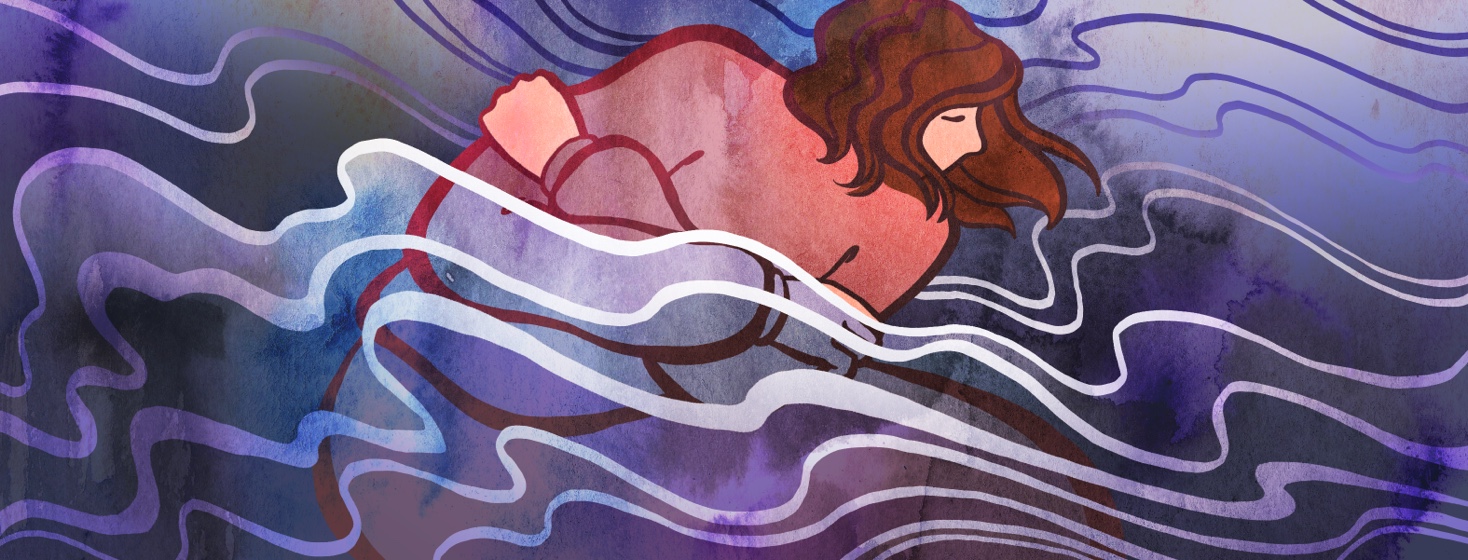Tips for Managing Cancer Fatigue
Fatigue is one of the most common symptoms affecting people with ovarian cancer and often one of the most debilitating. It can be both a symptom of ovarian cancer and a side effect of treatment. People often describe it as a feeling of extreme tiredness, weakness, and lack of energy. Cancer fatigue is more than just feeling tired. While rest and sleep may recharge most people, it does not work that way for those living with ovarian cancer. While fatigue may be more difficult to treat than symptoms like pain or nausea, there are some ways to help manage fatigue.1
Stay active when possible
Staying active and exercising when possible can reduce fatigue. While some may think that exerting energy will just make them more tired, research shows it can help. In one study, cancer patients who engaged in regular exercise felt less severe fatigue. These patients also had improved well-being, functional status, and overall quality of life. Some studies have shown that those who exercise regularly have 40% to 50% less fatigue.2,3
Eat well and stay hydrated
Many people with ovarian cancer also have nausea, loss of appetite, or weight loss as a result of treatment. These symptoms can lead to a lack of nutrients and dehydration. Work with your healthcare team and/or a dietician to ensure you are getting the right vitamins and nutrients. You also want to be sure you are drinking enough water and fluids.
Do not be afraid to ask for help
Make sure you do not expend too much energy while you are battling fatigue. Friends and family may be willing to help out around the house, cook a meal, and run errands for you. It may be tough to accept help and you may feel like you are a burden. Still, do not be afraid to take loved ones up on their offer – they want to help!
Speak up at doctor’s appointments
Research shows that fatigue has been underreported, underdiagnosed, and undertreated in patients with cancer.4 Many people may just assume this is just part of having cancer and not worth mentioning to their healthcare teams. However, there may be treatments to help! Also, your doctor may be able to address a problem that is causing some of the fatigue. For example, anemia may make fatigue worse. Treating this condition can help improve symptoms.
Try alternative therapies
Complementary and alternative therapies such as acupuncture have been shown to lessen fatigue in people with cancer. Acupuncture is a practice in traditional Chinese medicine that uses thin needles inserted at strategic points on the body. Hypnosis may also help those experiencing fatigue.5,6
What helps you manage cancer-related fatigue?

Join the conversation